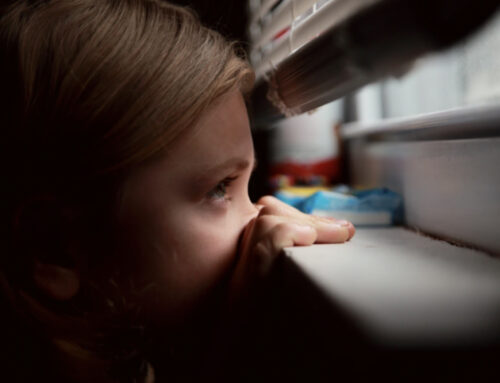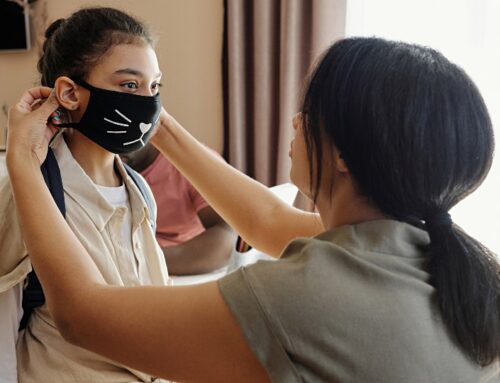Dr. Pure gave a community presentation recently on the risk factors and issues surrounding alcohol and substance use among teens. For more information about upcoming events follow us on Facebook:
(https://www.facebook.com/drpureandassociates).
In her talk, she noted that alcohol, cigarettes, and prescription and illegal drugs are the top four substances used by students in 2015.
Substance abuse is a major issue among adolescents and everyone from parents, to schools, to the general community can play a role in prevention.
The current facts and figures on alcohol abuse among adolescents show that nationally over a third of students in grades 7–9 have binged on alcohol and about two-thirds have already consumed alcohol.
While perhaps surprising on its own, the statistics around other substance use among young people are not much better. In Ontario, 23% of students report that they were offered, sold, or given a drug at school in the last year.
Sixty percent of illicit drug users are 15-24 years old, and 20% of teenagers admit to having taken a legal prescription drug in the past year to get high. Seventy-five percent of those teens say they stole the drugs from home.
And while it can be easy to make assumptions about the type of teen that fits into those groups, overcoming the “not my kid” syndrome is one of the biggest challenges in dealing with and preventing substance abuse. Nice kids from nice families are also vulnerable.
When considering who might be at risk, it’s important to know that a cumulative number of risk factors, rather than any one specific risk factor, increases the likelihood of substance use or abuse. These are a few of the main risk factors associated with substance use in teens.
Individual characteristics that can increase risk include:
Age (substance use increases with age during adolescence, peaks in the 20s, and then subsides with typical life changes)
Untreated psychiatric disorders such as conduct disorder, major depression and attention deficit hyperactivity disorder (as well as aggression) are risk factors of substance use
Early age of first use of substance, low self-esteem, social skill challenges
Attitudes and beliefs about the risks of use (believe using drugs it is not a big deal)
Interpersonal risk factors among family:
Having family members who are substance abusers
Family history of substance abuse
Parents who display antisocial behaviour, lack involvement in their child’s life, are not affectionate, are inconsistent disciplinarians, have poor monitoring of their child’s whereabouts and behaviour
Interpersonal risk factors among peers:
Peer substance use is strong predictor of substance use by youth.
Associating with deviant peers and observing approval of drug-using behaviours among peers
Association with peers who disregard societal norms of non-use and abuse substances.
Risk factors from school:
Lack of commitment to school and low bonding with other students and teachers
School climates that have few behavioural and academic expectations for students or few enforced rules about youth substance use
Aggressive behaviour in the classroom, poor social skills (e.g., inappropriate or shy behaviour)
Of course just because risk factors exist in a teen’s life does not mean they will definitely turn to alcohol or substance abuse and there are a number of things we can do to help prevent these behaviours.
First and foremost, parents are the #1 line of defence in a drug prevention strategy. Studies show that a parent can reduce their teen’s risk of drug use by up to 50% just by talking to them. And one of the main reasons teens will avoid drugs is to not disappoint their parents. They are listening even when it does not seem like it.
Outside of parental influence other factors and influences can help prevent, limit, or reduce drug use and may counter, buffer, neutralize, and/or interact with risk factors teens may face at any time.
These factors include things like avoiding risk factors, teaching children to self-regulate, cope or interact in a socially appropriate manner, and the ability to set and attain healthy life goals. These skills are all necessary for developing and maintaining resiliency. Encouraging the development of these skills in your children when they are young could help prevent problems when they are older.
Additionally, parental engagement, open communication between family members, regular family dinners and friendships within your child`s peer groups that encourage positive values can all help protect against substance use and abuse. Outside of the family unit, youth are less likely to take part in substance use when one or more positive role models within a community spend time with youth and teach them the necessary skills to lead a healthy life.
Communities can act as a positive influence when there are opportunities available for youth to take part in positive, constructive community activities, when neighbourhoods are free from the production and sale of drugs, when community members are motivated and continually set and achieve life goals; and when communities support prevention and education efforts related to substance use by youth. Furthermore, youth are less likely to use substances when local, provincial and federal policies exist that prevent and de-normalize substance use by youth.
Remember to talk to your teens. Here are a few tips:
Ask your teen’s views.
Discuss reasons not to abuse drugs.
Consider media messages.
Discuss ways to resist peer pressure.
Be ready to discuss your own drug use.
Avoid long, boring lectures.
Listen to your teen’s opinions and questions about drug use.
Encourage your teen to talk by making statements instead of asking questions. For example, saying, “I’m curious about your point of view” might work better than “What do you think?”
Avoid scare tactics.
Emphasize how drug use can affect things important to your teen — such as sports, driving, health and appearance.
Explain that even a teen can develop a drug problem.
Some television programs, movies, websites or songs glamorize or trivialize drug use. Talk about what your teen has seen or heard.
Brainstorm with your teen about how to turn down offers of drugs.
Think ahead about how you’ll respond if your teen asks about your own drug use. If you chose not to use drugs, explain why. If you did use drugs, share what the experience taught you.
This issue is not new but continues to be a challenge for all of us who have children and work with children. It takes a community effort with everyone willing to keep an open eye for the kids at risk, and communicate with each other about these issues. Dr. Pure encourages increased conversations within families, schools, and other professionals to help reduce risk and promote healthy functioning for all teens and their families.
Article written by Meredith O’Hara in consultation with Dr. Kiran Pure, May 2015.
Dr. Kiran Pure and Associates Ltd., 90 Portland Street, Dartmouth, NS B2Y 1H6
902.444.3669 (t/n); 902.444.3665 (f/n) E-mail: drpure@drpureandassociates.com
www.drpureandassociates.com





